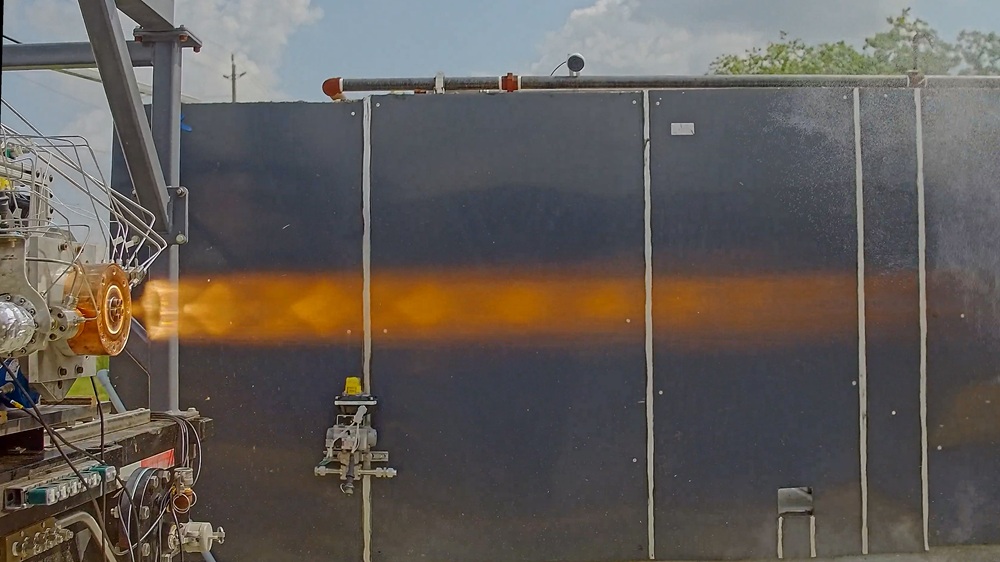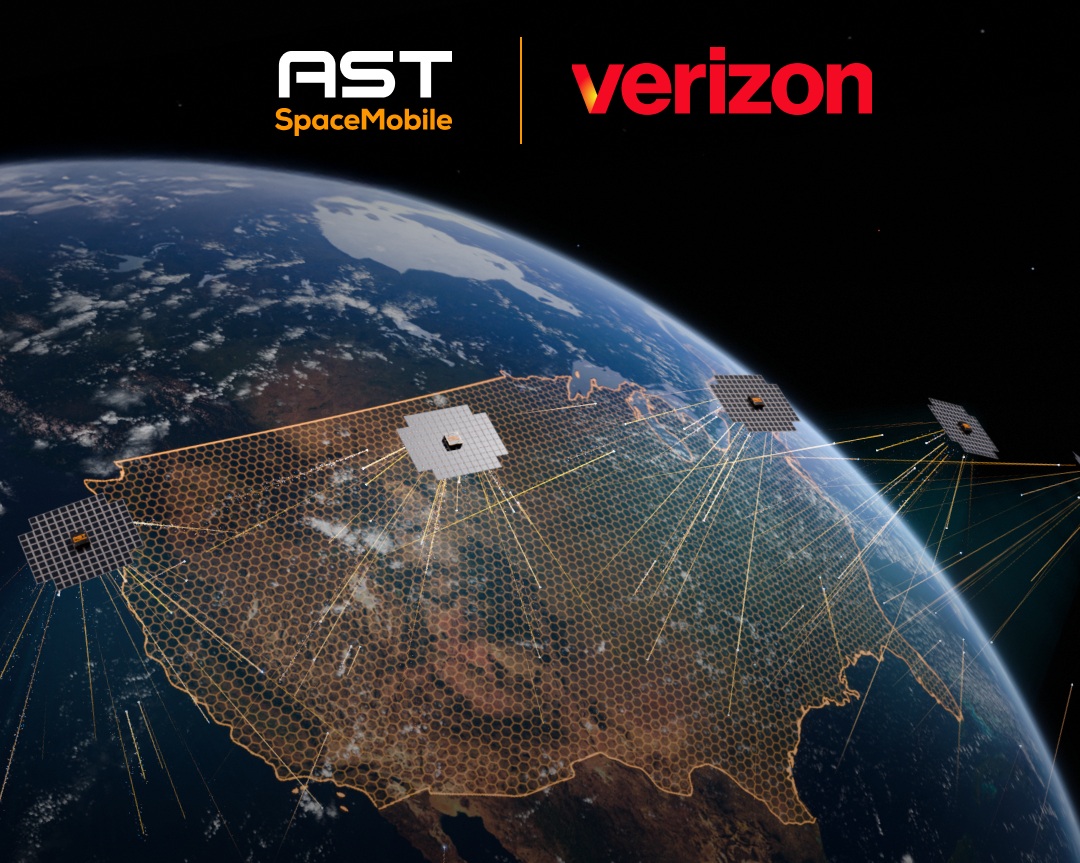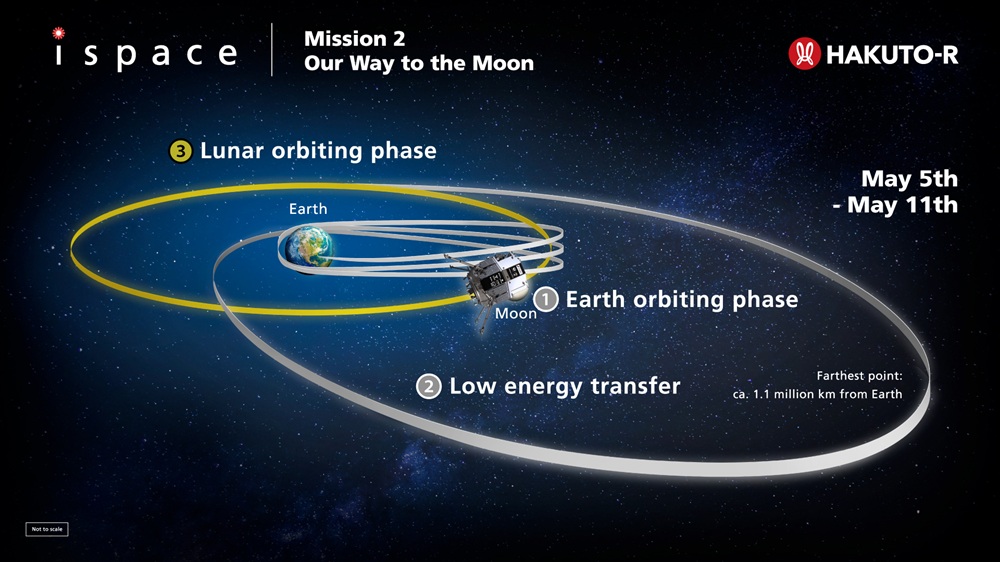The European Space Policy Institute (ESPI) reached a major turning point in its 20-year history, by securing the prestigious Quasi-International Organisation (QuIO) status from Austria.
This recognition, rooted in the Austrian Headquarters Law, not only solidifies ESPI’s place on the international stage but marks the start of a transformative era for Europe’s premier space policy think tank. The coveted new status will amplify ESPI’s influence in strategic policy realms, foster global engagement, and fortify its advocacy for peaceful, collaborative use of outer space.
The conferral of Quasi-International Organisation status lands as the most significant institutional milestone for ESPI since its establishment in Vienna in 2003. In two decades, ESPI has built a formidable reputation as an independent source of strategic guidance to governments and agencies, its gravitas further reflected by a 50% jump in membership over the past three years. The QuIO designation underscores not only Austria’s recognition of ESPI’s growing impact but also Europe’s need for independent, critical analysis amid mounting geo-political and economic complexity in the space sector.

Reacting to the development, Ms. Beate Meinl-Reisinger, Federal Minister of European and International Affairs of Austria, said, “Austria is a strong advocate of international cooperation for the peaceful use of outer space. Since 2003, this includes ESPI in Vienna, which has become an important part of the global space community. With its highly recognised and independent research, ESPI promotes European space policy worldwide. The new status of Quasi-international Organisation (QuIO) reflects ESPI’s growing importance at a time of profound geo-political and geo-economic change. Space has growing significance for policy, the economy and society. Austria is committed to further strengthening ESPI’s role in support of space diplomacy for prosperity, peace and future generations.”
Strengthening Europe’s Space Voice
At its core, ESPI operates as a non-profit think tank, providing impartial policy analyses, strategic recommendations, and proposals to decision-makers across Europe. Its mission is unambiguously global: to advocate for coherent and prosperous European space policy on the world stage. As the space economy and international collaboration become more central to societal and economic progress, ESPI’s new status substantially enhances its authority and reach, empowering it to be a bridge between Europe and the larger global space community.
Austria’s endorsement is more than symbolic. The country has long championed international cooperation for the peaceful exploitation of outer space, facilitated through institutions such as ESPI. Over the course of its history, ESPI has carved a place of distinction within the global space policy ecosystem due to its commitment to independent research and its role in promoting European interests in space governance.

Endorsing the development, Josef Aschbacher, Director General of ESA highlighted, “Europe is a trusted partner on the global space landscape, and ESA plays a key role through a large number of cooperation agreements with international partners. The time is now to leverage on this solid basis and to keep building Europe’s future in space. As one of the founders of ESPI in 2003, ESA is proud to see ESPI’s international role being recognized today at highest political level, with the Government of Austria granting the status of a Quasi-International Organisation to ESPI. This recognition will further support ESPI’s activities to promote European space policy globally, as Europe’s independent Think Tank for space. It will add to the resilience of the Institute at a time when independent voices become increasingly critical. ESA is determined to further strengthen its support to ESPI through an increased budget allocation for the years 2026-2028.”
The timing of the QuIO status is especially noteworthy, coinciding with profound geo-political and geo-economic transformations that affect the future of space. In an era where space has become a crucial domain for national policies, economic interests, and societal welfare, authoritative and unbiased voices such as ESPI’s are increasingly critical. Austria’s move to strengthen ESPI’s mandate will further bolster space diplomacy, with a focus on prosperity, peace, and serving future generations.

Welcoming the decision, Hermann Ludwig Moeller, Director of ESPI, stated, “The decision at highest political level to grant ESPI QuIO status is a pivotal moment for the future of the institute. It comes at a time of profound geo-political change. In what some refer to as “the perfect storm”, ESPI stands for independent analysis, and critical but always constructive dialogue. The Institute is recognised for encouraging substantiated debate, for being “Echt”. QuIO will further empower ESPI in its efforts to build trust and help construct bridges within Europe and globally. The recognition also magnificently concludes my first mandate at Director of ESPI and provides an outstanding foundation for the second mandate and beyond, to significantly increase the policy impact of space in all domains of society and economy, for peace, prosperity and the future of our children. In this, I appreciate the trust and reconfirmed support from the founders of ESPI for the challenges ahead. Thank you. The years ahead will be most demanding. They will require brave leadership. ESPI together with its members, advisors and stakeholders will help realise Europe’s increasing ambition in space and shape Europe’s role with like-minded partners globally.”
The Quasi-International Organisation status provides ESPI with new powers to deepen its reach within Europe and beyond. This development aligns seamlessly with ESPI’s long-term vision, as outlined in its “ESPI2040” policy roadmap and its Statutes: to foster international debate, facilitate informed decision-making, and build trust and understanding on space issues. ESPI’s expanded mandate will allow it to further serve as a bridge—connecting European aspirations with global partnerships for the collective benefit of society.

Advocating for strong international cooperation for the peaceful use of space, Mr. Peter Hanke, Federal Minister of Innovation, Mobility and Infrastructure of Austria, said, “Austria is a strong advocate of international cooperation for the peaceful use of space. Since 2003 this includes ESPI in Vienna, which over the years has become an essential part of the global space community. ESPI is highly recognised for its independent research, providing a solid foundation for recommendations to European institutions and for the promotion of European space policy globally, at the heart of ESPI’s mandate. The new status of QuIO today recognizes ESPI’s increased importance at a time of geo-political and geo-economic shifts, deeply affecting space. It will empower ESPI’s role as a European actor and trusted partner internationally. Austria is committed to further strengthening ESPI’s development in support to space diplomacy for prosperity, peace and future generations, and looks forward to welcoming the ESPI Annual Conference at the Vienna City Hall.”
Europe is regarded as a trusted international partner in space, spearheaded by key institutions such as the European Space Agency (ESA). ESA’s recognition of ESPI’s elevation and Austria’s political commitment to ESPI’s global prominence reflect the synergy between these actors. ESA, a founding ESPI member, has announced intentions to boost its financial and institutional support to ESPI for 2026-2028, reaffirming the value of an independent policy voice in the face of global uncertainty.
Stringent Qualifications and Distinguished Company
For an institution to achieve QuIO status in Austria, it must meet demanding requirements: ESPI’s 17-strong membership includes states, international organizations, and institutions of significant standing. ESPI’s activities are closely linked with leadership actors like ESA, the European Commission, and EUMETSAT, while its multinational team of more than 20 nationalities exemplifies the international scope required for the status. Its operations already span research, engagement, and education across continents.
ESPI’s inclusion in the ranks of Quasi-International Organisations speaks volumes about its credibility and alignment with European and global partners. Its new status arrives at a moment when trusted, independent, and resilient think tanks are needed most to help navigate the shifting currents of international space governance.
Institutional Impact and New Responsibilities
For ESPI, the granting of QuIO status is more than an accolade—it imposes new obligations. The institute stands at the heart of major geo-political developments, serving as a beacon for independent analysis and the constructive debate needed to build consensus in the global space community. This development, marking the conclusion of ESPI’s director’s first mandate, lays the foundation for the next era of daring policy impact and leadership aimed at fostering prosperity, peace, and opportunity for future generations.
The annual ESPI Conference, soon to take place at Vienna City Hall, exemplifies the spirit of international collaboration nurtured by the institute. Austria, proud of its role in ESPI’s ascent, remains committed to supporting diplomatic efforts for peaceful space development. This enduring relationship highlights the vital importance of institutions that can both envision and enact Europe’s space ambitions in partnership with like-minded organizations worldwide.
The Quasi-International Organisation status empowers ESPI to build further bridges—not only within Europe, but globally. The future will be demanding, requiring “brave leadership” and even deeper engagement with the international community. ESPI’s task will be to sustain the trust of its founders, members, and supporters, while delivering the robust independent analysis and policy advice Europe’s space ambitions demand.
A Vision for Europe and the World
As ESPI acts on the opportunities and obligations of its new status, the institute seeks to realize a future where Europe leads in space policy—on behalf of prosperity, peace, and future generations. It stands as a trusted, resilient partner at a crossroads of history, at once consolidating Europe’s ambitions and extending the continent’s hand to the world.
The granting of Quasi-International Organisation status to ESPI represents not just a symbolic elevation, but the opening of a more influential chapter for European space policy. With enhanced mandates, broader international reach, and a renewed commitment to independent analysis, ESPI is now better equipped than ever to serve as Europe’s trusted advisor and bridge in the evolving landscape of space diplomacy.





